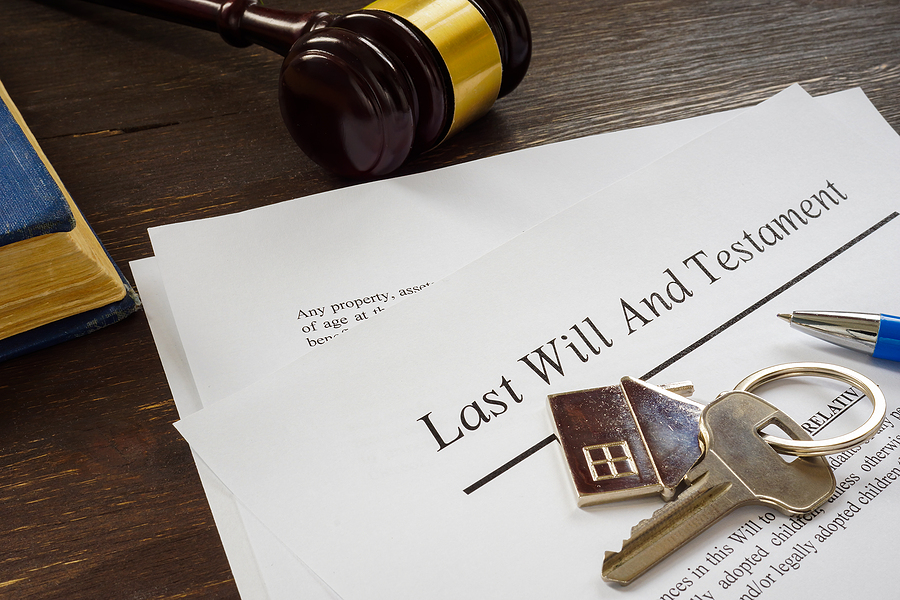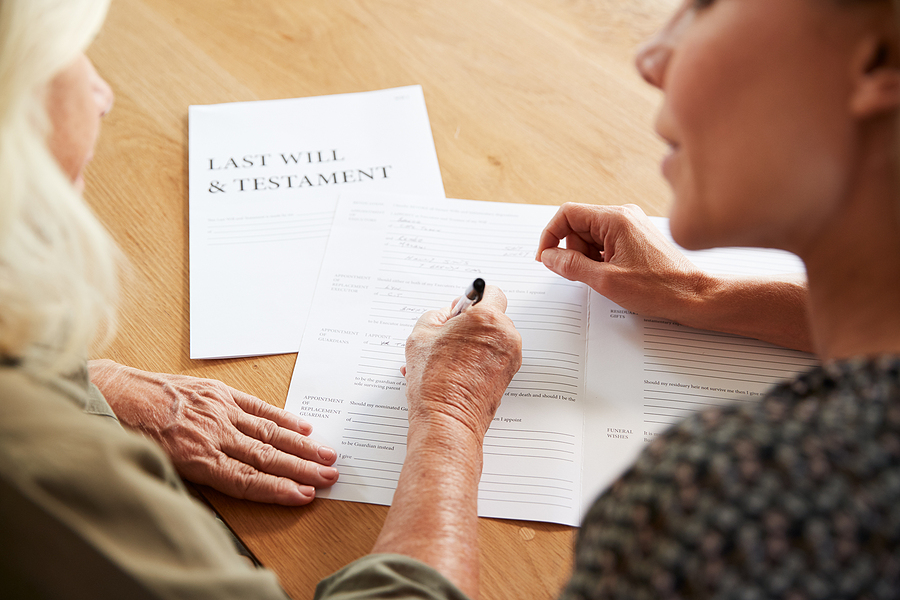
16 Oct Lifting The Lid On What An Executor Of A Will In NSW Actually Does
One of the most common questions that an executor of a will in NSW is asked is, “what exactly do you do?” This question can be difficult to answer because there are many facets to this job, and an executor of a will in NSW has different levels of responsibility.
In order for these facilitators to carry out their duties, they must first be appointed by the deceased person who created his or her testament and documentation after their death. Once an executor of a will in NSW has been appointed, he or she may face some challenges such as being named as a defendant in lawsuits from beneficiaries, managing property that belongs to other people, and more.
If you’re interested in learning more about what an executor of a will in NSW does then keep reading.
The Role
Being an executor of a will in NSW basically means that you are being appointed by someone in their final testament to carry out particular duties and responsibilities that may relate to remaining assets or ensuring that the wishes of the deceased are followed.
Upon first appointment, they typically must take an oath that they won’t do anything wrong or neglectful with these powers and then sign all the necessary documentation as proof of this promise.
Once an executor of a will in NSW truly receives legal power over someone else’s estate, their main responsibility is ensuring any taxes owed on property within it get paid off before handing everything back to those who were left behind in accordance with what was stated in the deceased’s testament. They also have legal authority to sell or lease land if needed instead of just giving it away like some movies might suggest – which can be done without needing approval from beneficiaries – however, if there isn’t enough money to go around, the executor of a will in NSW must make sure the property is distributed equally amongst all beneficiaries named within it.
They are also allowed access to bank accounts and safe deposit boxes if they need them for carrying out their duties, yet cannot withdraw cash or take anything out without specific permission from a court first, which would only be granted if there was an urgent reason that needed immediate attention like funeral arrangements.
The Process

Before Death
The process begins when an executor of a will in NSW is appointed by the person in question. This executor of a will must be given all financial documents, including bank statements and tax returns so they can see how much money is currently available.
They are also allocated the power to access that person’s safe deposit box or any other place where valuables may have been stored. The executor of a will in NSW then has full control over whatever assets there might be within it.
After Death
The executor of a will in NSW needs to inform the beneficiaries about what has happened by sending them an official letter expressing their condolences. This means contacting family members individually if necessary, notifying banks and finance companies as well as sorting out outstanding debts with creditors who were expecting payment from the deceased party before they died.
Currently, they are not required by law to go through probate or apply for letters of administration before they are able to act on behalf of the deceased person’s estate which is why it can be difficult if there is no documentation present when someone passes away, and why it’s important to always be prepared for any eventuality in your life.



Sorry, the comment form is closed at this time.